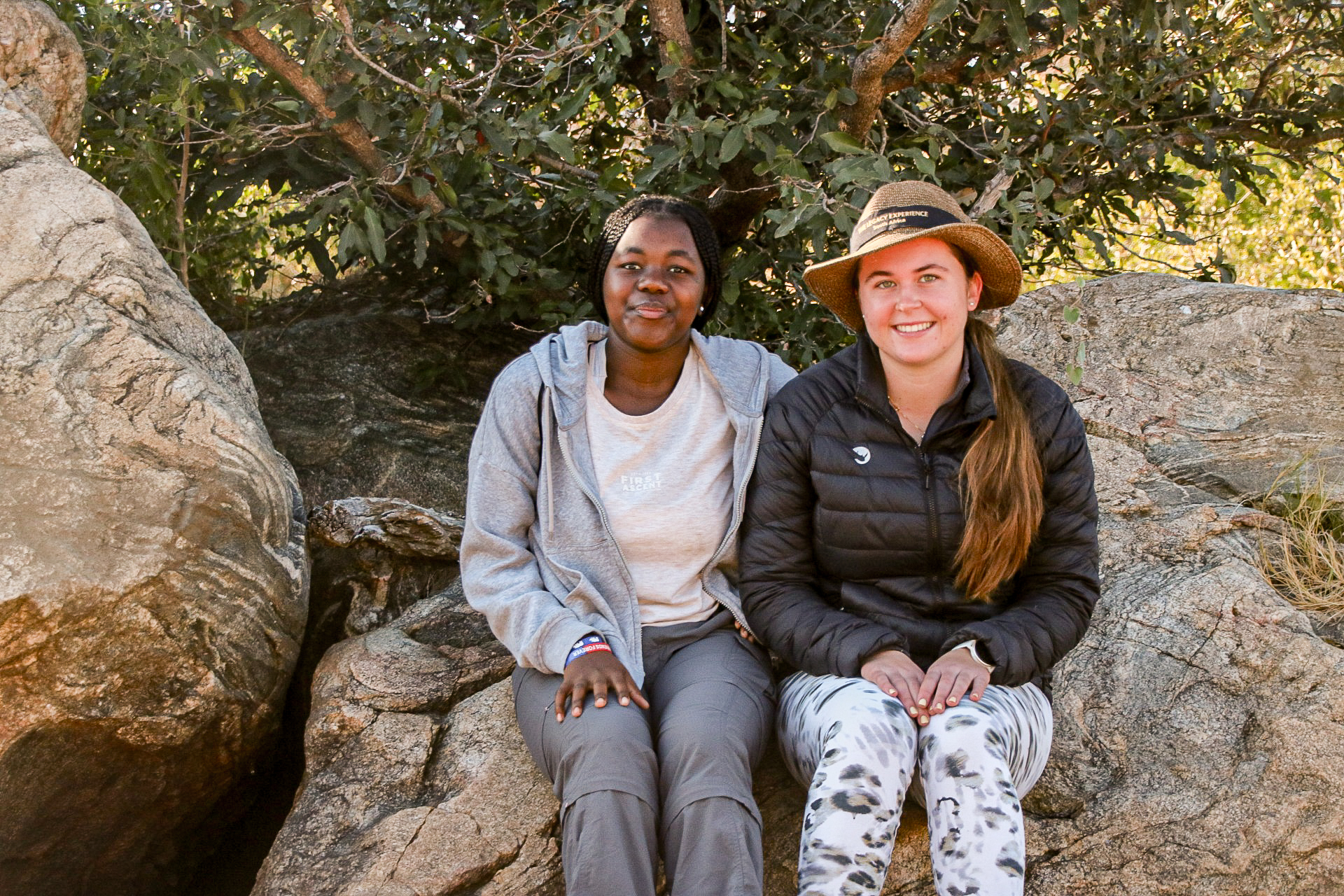Vulture Awareness Day
Their scavenging behavior helps keep ecosystems healthy and likely reduces the spread of disease.
By efficiently consuming animal carcasses, vultures can also eliminate the need to collect and transport livestock carcasses to processing plants, saving us millions of euros in waste management every year and hundreds of thousands of tons of greenhouse gas emissions. Essentially, vultures provide free ecosystem services that benefit nature and society as a whole!
But even though they are so important, vultures are often overlooked and misunderstood. They need all the help they can get when it comes to their reputation. Due to their unique habits, vultures face a multitude of threats, which include direct and indirect poisoning, electrocutions and collisions with energy infrastructure, habitat loss, disturbance, and the shortage of food.
Throughout Southern Africa, vultures are specifically targeted and poached for belief-based use in the “muthi” trade. Information about the extent of traditional use of vulture parts is sorely lacking, so research and investigations are required to help inform and implement demand reduction campaigns.
.jpeg)
Initiated by Dr. Michelle Henley and now spearheaded by Robin Cook, the Elephants Alive Vulture Tree Study is about to enter its 16th consecutive year!
The vulture tree survey continuously reveals the complexity of ecological systems. Vulture nest vulnerability (with regards to elephant impact) is dependent on where the trees occur, which species of tree is in question, and the size of the tree. Furthermore, adult bird survival is critical when assessing population persistence, and there by the impact that poisonings and electrocutions have on vultures needs to be considered when assessing vulture population dynamics.

Be the first to know
Keep up to date with our wildlife conservation efforts and progress in our Eco Children community, and be the first to know about lodge specials running in the reserve by signing up for our newsletter.





